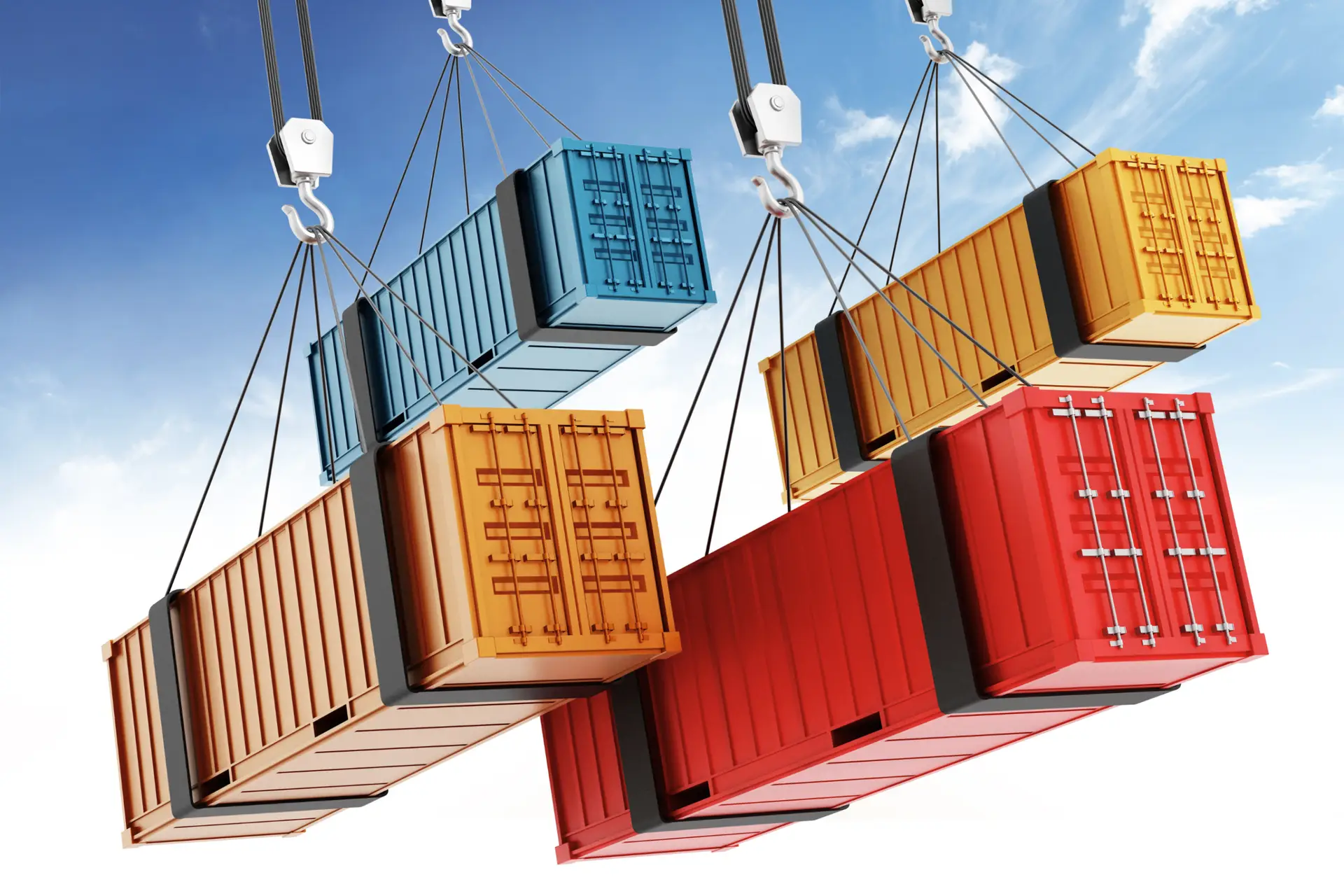
At its core: a factory sells you a “product,” but a broker sells you a result
A result means: products that match specifications, fair pricing, realistic delivery timelines, correct documentation, and smooth shipping without unpleasant surprises.

Not necessarily—it depends on the fee model:
👉 Often, the broker saves more than they charge by preventing costly errors.

A broker is not an “extra layer” but a supply chain risk manager.
When professional, transparent, and contract-based, a broker increases the probability of success and reduces the cost of mistakes.
Going direct to factories is excellent once your organization can fully internalize the broker’s role.
Be the first to discover new products, exclusive investment opportunities, and in-depth market insights. Subscribe now and take the first step toward building your business with confidence.
© 2025 B2B Deal All Rights Reserved
Contact us